Blue Shift
COVID-19 has given us a pause to ensure we can take care of ourselves, our loved ones, and those suffering the adverse outcomes of the pandemic. It is a time to express empathy and compassion to those who need it most. The planet is no exception – when our economic activity is ready to resume, how can we make sure business continues without the same destructive practices that will ultimately hurt humans and the environment alike? Rebuilding our economy to allow for a transition into new and healthy jobs is the best option for all of us.
It is important, now more than ever, to focus on ocean health and to use this pause in global activity as an opportunity for raising awareness, taking individual responsibility, and promoting solutions to invigorate responsible economic growth.
The Blue Shift is a global call to action focusing on how society can restore economies, post COVID-19, in a way that focuses on ocean health and sustainability, and by ensuring the ocean is available for future generations. To conduct ourselves better in the future, we need bold actions to set the ocean on a course of recovery and support the priorities of the UN Decade of Ocean Science.
Issues & Solutions
Join the Movement
REV Ocean & The Ocean Foundation
In the News
Our Toolkit
Our Partners
The Decade
The success of the UN Decade of Ocean Science for Sustainable Development (2021-2030) depends on our ability to excite imaginations, to mobilize resources and to enable the partnerships we need to turn scientific discovery into action. We hope to create ownership of the Decade by providing real opportunities for people to engage and by promoting solutions that benefit the ocean and society.

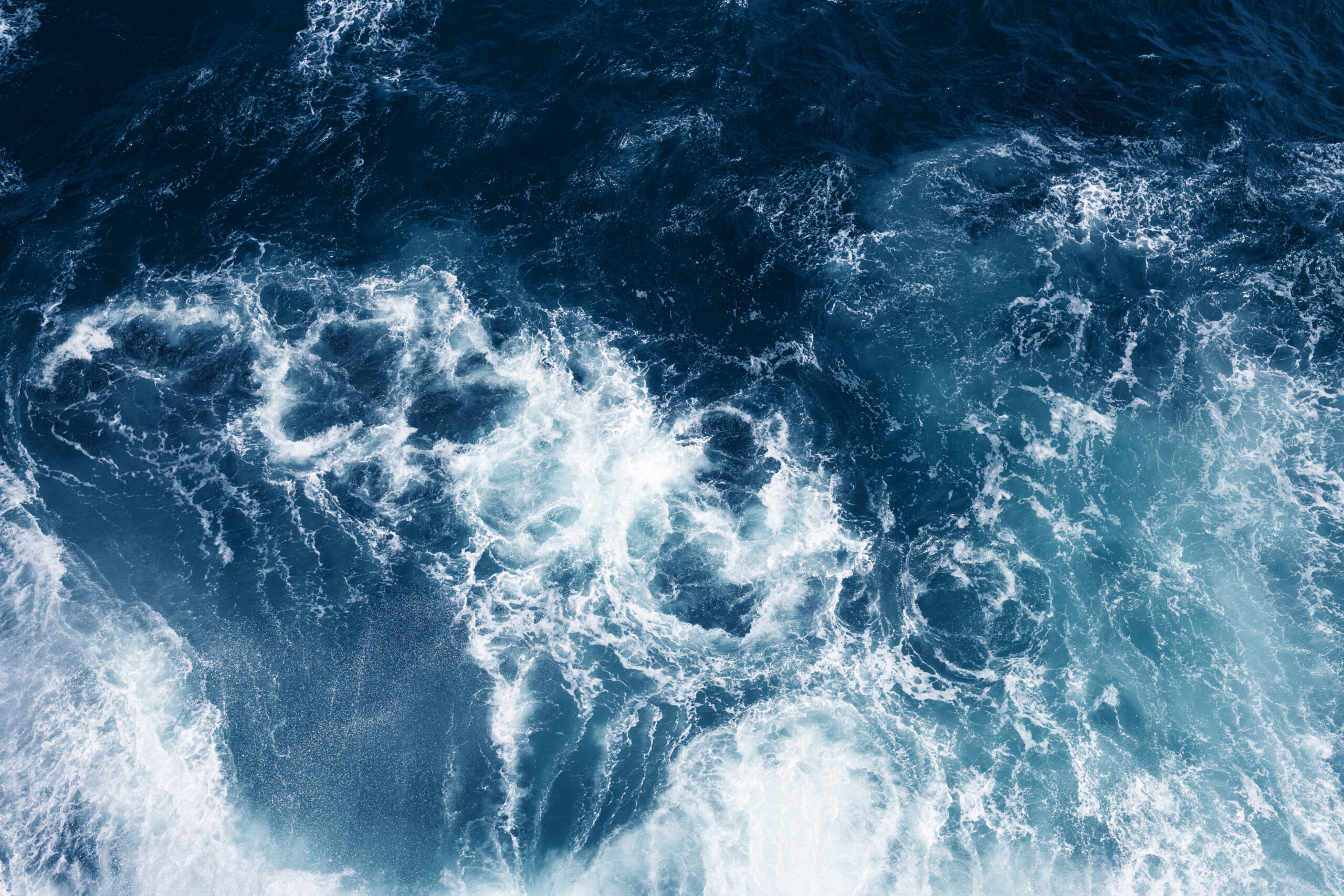

Fish & Food Security
Fish is the primary source of protein for approximately 1 billion people worldwide and represents an important part of the diet of many more. During the COVID-19 outbreak, global safety rules have forced fishing fleets to stay in port, with many ports having to completely close. This has resulted in less fishing activity at sea and has prevented fisherfolk from getting their product to market. Satellite data and observations indicate activity is down as much as 80 percent in some regions. The impacts could mean that threatened fish stocks have a chance to recover, but there will also be devastating economic consequences for vulnerable fisher-folks. To ensure the ocean’s role in global food security we should use this opportunity to understand the implications of the pause so stocks can be managed better/properly going forward.
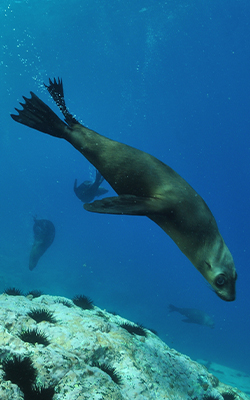
Underwater Noise Disturbance
Studies suggest that noise pollution can harm whales directly by damaging their hearing, and in extreme cases, causing internal bleeding and death. Levels of underwater noise pollution from ships have plummeted during the COVID-19 lockdown, offering a respite for whales and other marine life. Acoustic monitoring at 3,000 meters depth, showed a drop in average weekly noise (from Jan–April 2020) of 1.5 decibels, or around a 15% decrease in power. This significant drop in low-frequency vessel noise is unprecedented and will be important to study to gain a better understanding of the positive effect that reduced ambient noise has on marine life.

Plastic Pollution
Although there is a dramatic reduction of global economic activity during the COVID-19 outbreak, plastic waste has continued to rise. Much of the personal protective equipment used by healthcare workers and the general public, the masks and gloves, being used is made of plastic, and much of it is being discarded with few restrictions. Ultimately these products end up in the ocean causing many negative impacts. Unfortunately, the pressure to produce these one-time use products is causing legislators to consider a pause or delay in implementation of bag laws, single use plastic, and more during the global pandemic. This will only compound an already dangerous situation for the ocean. It is therefore more important than ever to be mindful of individual plastic consumption and scale up recycling programs.

The Ocean Genome
The ocean genome is the foundation upon which all marine ecosystems and their functionality rest, and is a rich source of anti-viral compounds. During the COVID-19 outbreak, the dramatic increase in demand for testing has drawn increased interest to potential solutions to be found in the ocean’s genetic diversity. In particular, enzymes from hydrothermal vent bacteria have been important components of the technology used in virus test kits, including those used to diagnose COVID-19. But the ocean genome is being eroded by overexploitation, habitat loss and degradation, and other drivers. Understanding and conserving this “ocean genome” is essential not just for the resilience of species and ecosystems, but also for human health and the economy. Conservation measures hinge on protecting at least 30 percent of the ocean in implemented and fully or highly protected marine protected areas (MPAs).
Blue Shift – Build Back Better.
Once society opens up, we need to re-start development with a holistic, sustainable mindset. Join the #BlueShift movement on social media by using the hashtags below!
#BlueShift #Oceandecade #OneHealthyOcean #Oceansolutions #OceanAction
Our Toolkit
Download our social media kit below. Join the #BlueShift movement and spread the word.
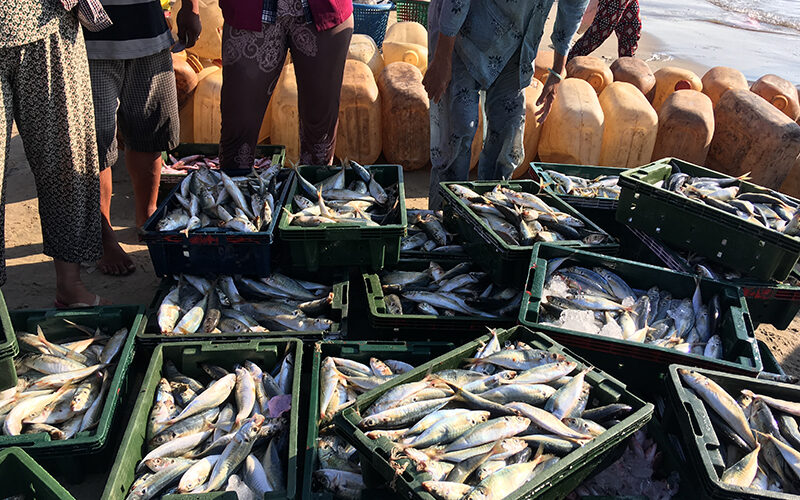
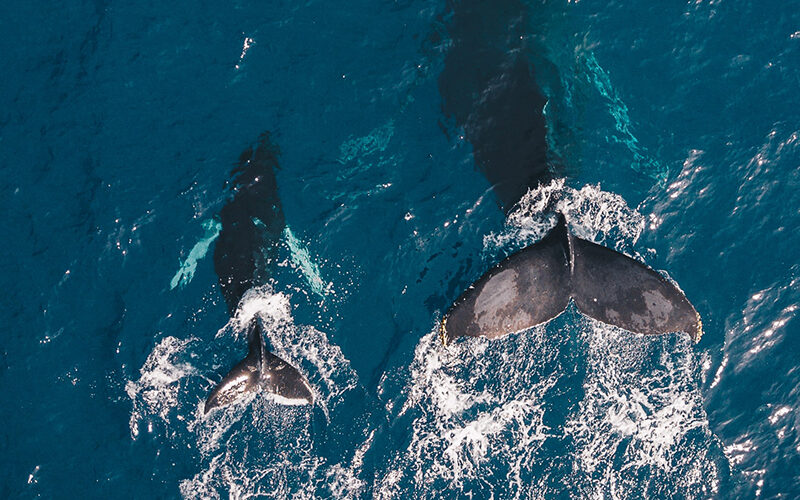
REV Ocean & TOF Collaboration

REV Ocean & TOF have embarked on an exciting cooperation that will focus on using the REV research vessel to find solutions to global ocean problems, particularly in the field of Ocean Acidification and plastic pollution. We will also jointly cooperate on initiatives supporting the Alliance for the UN Decade of Ocean Science for Sustainable Development (2021-2030).
“Restoring a healthy and abundant ocean is a necessity, it is not optional—the need begins with the oxygen the ocean generates (priceless) and encompasses hundreds of value-added products and services.”
MARK J. SPALDING
In the News
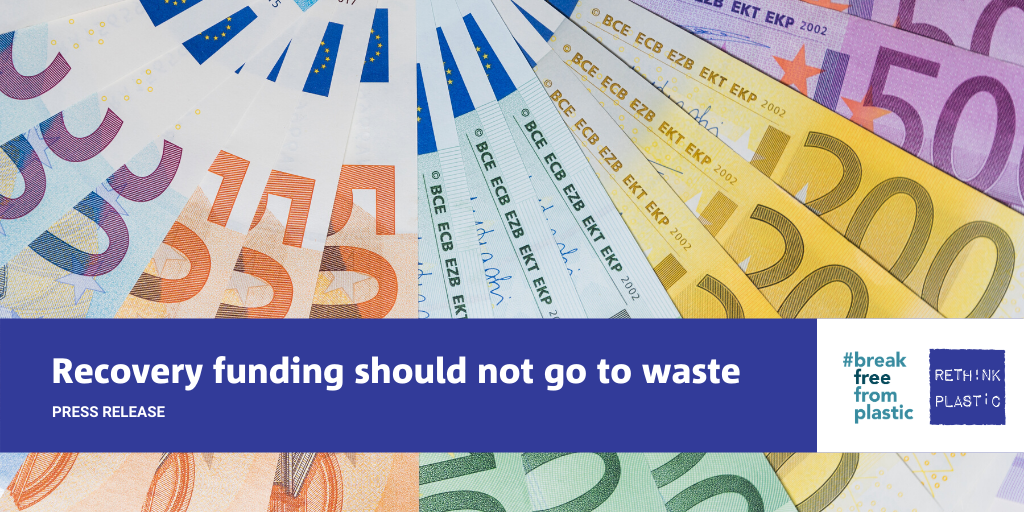
Recovery funding should not go to waste
“Putting people and the environment at the center of the recovery package is the only way to address the lack of resilience that the pandemic has brought to light and move forward.”
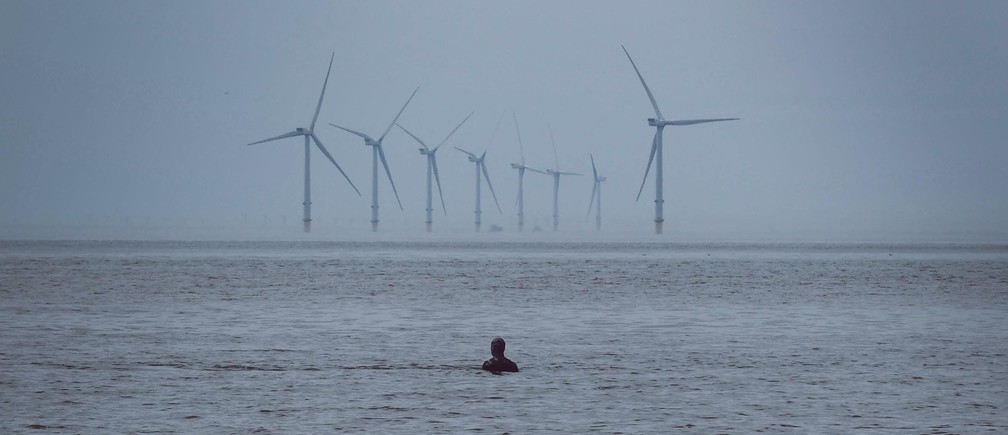
5 ways the ocean can contribute to a green post-COVID recovery
These are just a few examples of how support for sustainable ocean sectors could provide immediate help for the green recovery, with many others to be found. Photograph: Jack Hunter on Unsplash.com
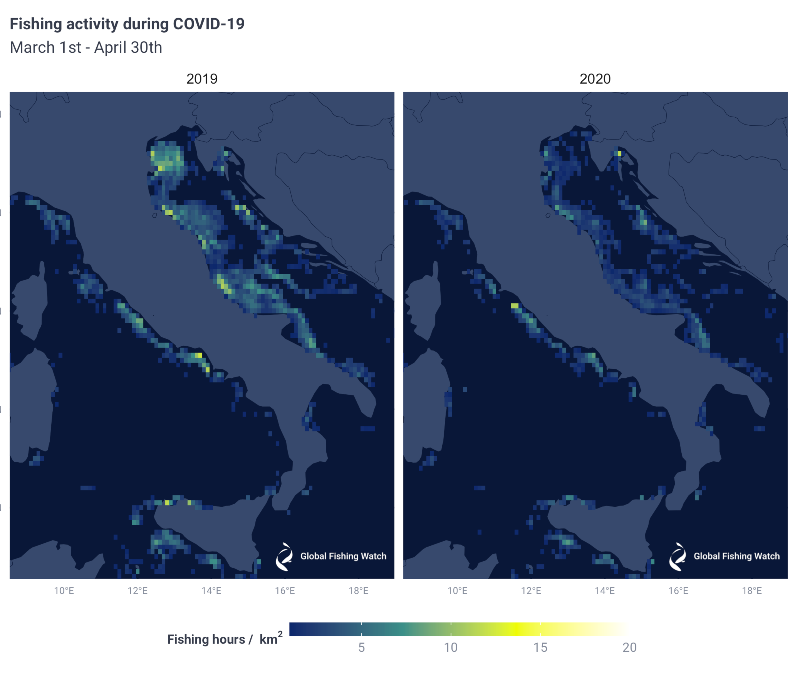
Global fisheries during COVID-19
As countries around the world issue stay-at-home orders and everyday life grinds to a halt, the consequences have been wide ranging and substantial, and the fisheries sector is no exception.
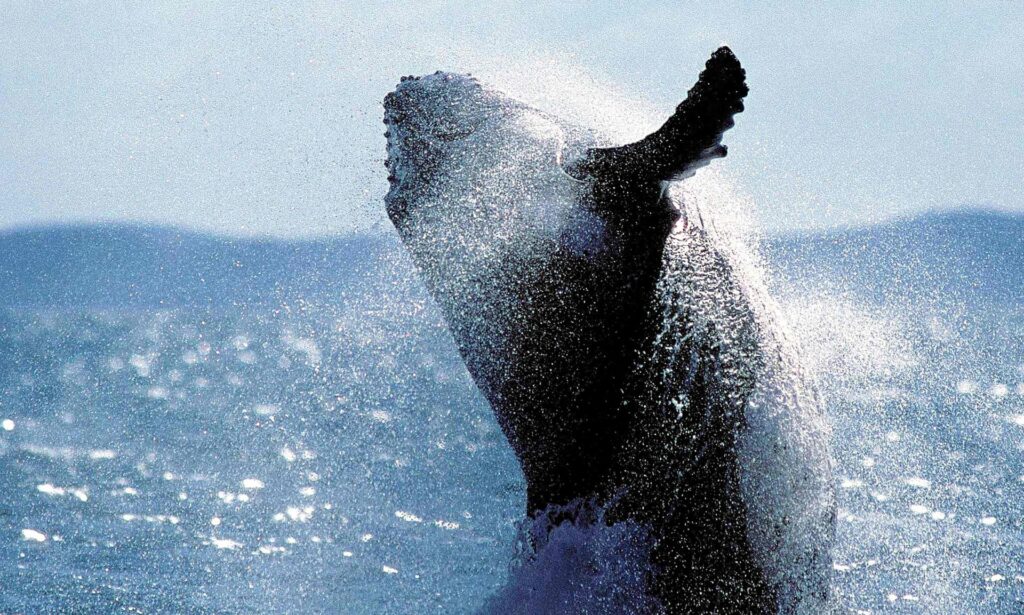
Oceans can be restored to former glory within 30 years, say scientists
The glory of the world’s oceans could be restored within a generation, according to a major new scientific review. Photograph: Daniel Bayer/AFP/Getty Images

Discarded Face Masks And Gloves Are Rising Threat To Ocean Life
As more people wear face masks and gloves in a bid to protect themselves in recent weeks, environmentalists have warned against disposing of them incorrectly.
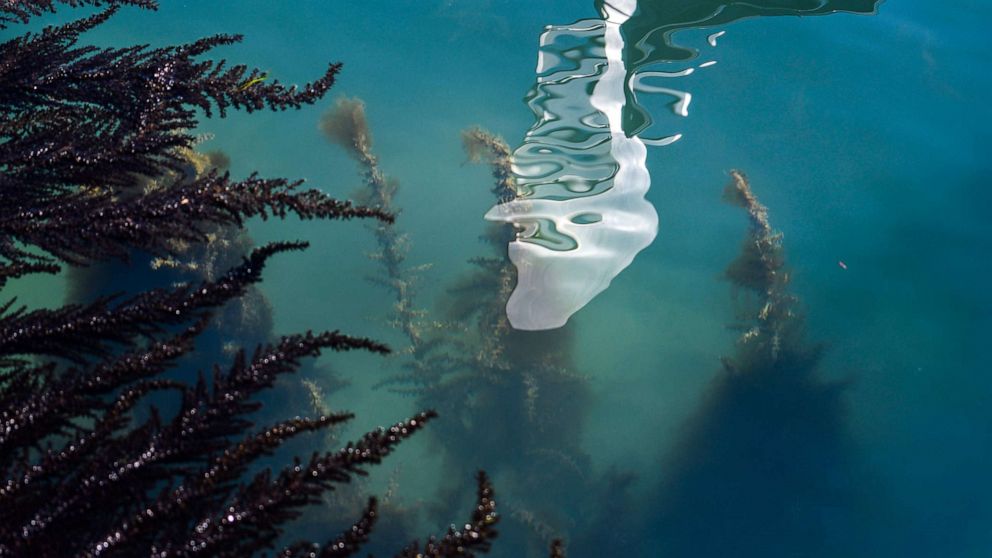
Venice canals are clear enough to see fish as coronavirus halts tourism in the city, ABC News
Swans have returned to the canals and dolphins have been spotted in the port. Photo Credit: Andrea Pattaro/AFP via Getty Images



